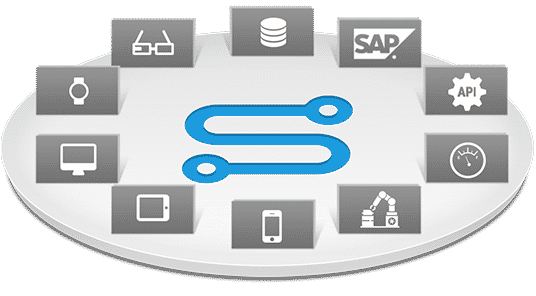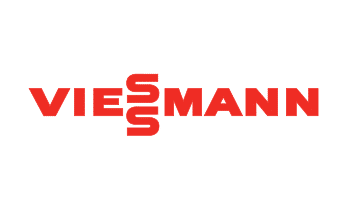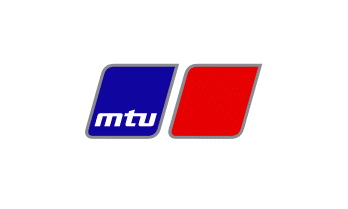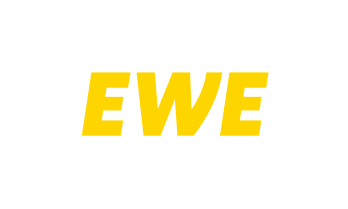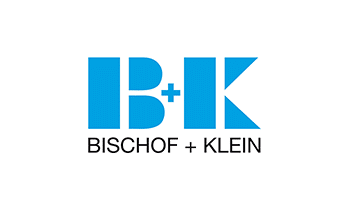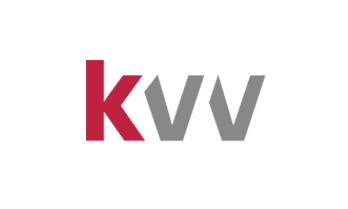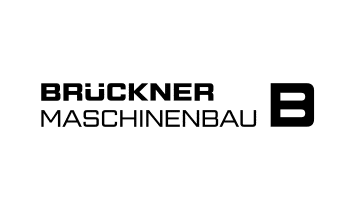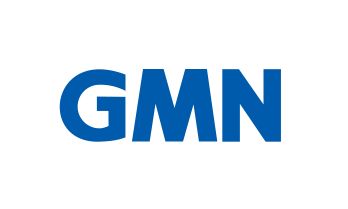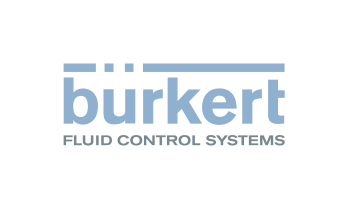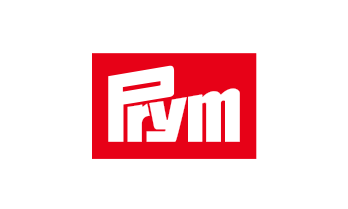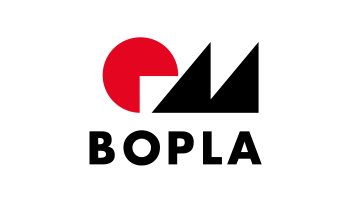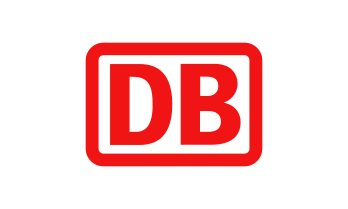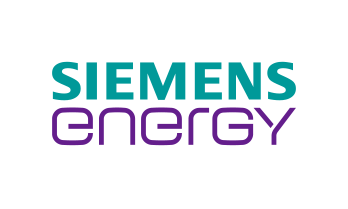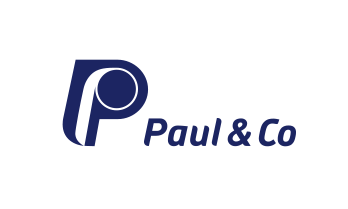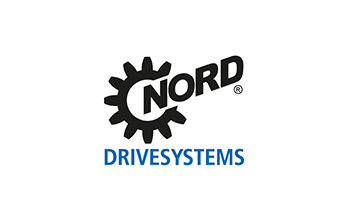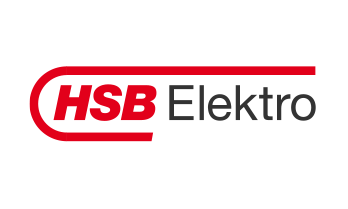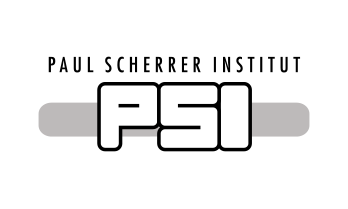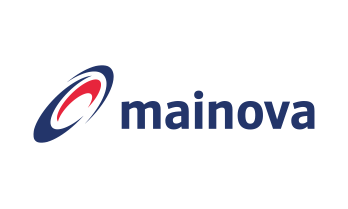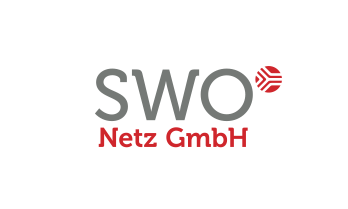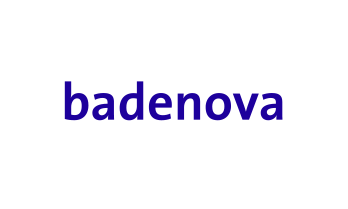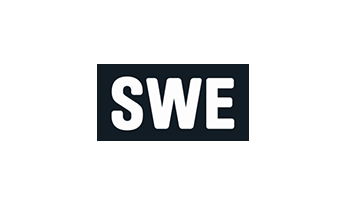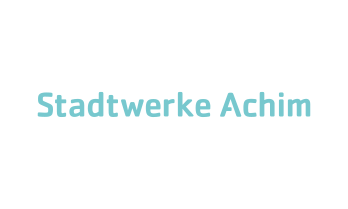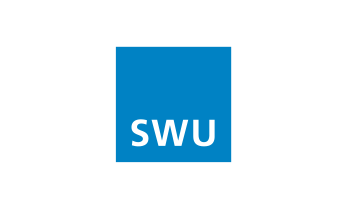Independence of end device and operating system
INCREASING DEMAND FOR APPLICATIONS
As companies increasingly invest in the digitization of their business processes, the demand for new and innovative applications is also increasing significantly faster than IT organizations can handle them. Powerful solutions such as “Application-Plattform-as-a-Service” offer functions for rapid application development and the provision and operation of applications in the cloud.
Mobile applications on smartphones, tablets, Smartwatch or data glasses are gaining ground in almost all areas of life. They offer fast access to information and demonstrably simplify processes. While the private use of these new technologies has often become a habit, their effective integration into everyday business life is a challenge for many companies.
The mere integration of mobile devices into the respective application raises problems in companies. Consistent support of company-specific processes also requires individual solutions from selected, individually adapted or even specially developed applications. The development of such solutions involves considerable effort. Different programming technologies and a lack of specialist knowledge of the respective programming technology are also exacerbating the situation immense

How mobile applications are changing the business world
Read more about the advantages of mobile app development platforms for creating enterprise apps in our article on mobile app development.
USE OF MOBILE UNITS IN THE B2B AREA
Research conducted by Boston Consulting Group (BCG) in collaboration with Google found that 80% of B2B shoppers use smartphones at work, and more than 60% said smartphones played an important role in a recent purchase. In addition, around 70% of B2B buyers have significantly increased their mobile use in the last two to three years and 60% assume that they will continue to increase their mobile use.
The smartphone is becoming more important than ever
At the same time, B2B online queries are quickly moving from the desktop and laptop to the smartphone. Google has found that about 50% of B2B queries today are made on smartphones. BCG expects this figure to rise to 70% by 2020. One reason: The time required for mobile devices at the workplace is increasing. The company estimates that mobile use per B2B employee will increase by up to 50% by 2020 (from two hours a day to three), driven by a combination of more “digital generations” (Millenials, Generation Z) and the increasing use of smartphones by older employees
What the analysts predict
While the number of actual B2B purchases on smartphones is still low today, it is growing steadily. Industry analyst Forrester Research estimates that B2B e-commerce will account for more than 12% of total B2B sales by 2020.
LACK OF FLEXIBILITY
Industry analyst Forrester Research defines eight challenges for companies when it comes to developing custom applications using traditional programming languages, frameworks and middleware.
One of the decisive factors is the lacking flexibility.
What are the challenges your organization faces in building custom applications using traditional coding with programming languages, frameworks, and middleware?

THE SOLUTION ARE MULTI-CHANNEL-APPS
To counteract this lack of flexibility, companies should rely on multi-channel apps. The basic advantage is that they run on different operating systems as well as on different end devices. They combine the advantages of mobile hybrid applications and flexible web applications.
Definition
A multi-channel app is an application format that is designed to run on different devices, such as smartphones, tablets, desktops, smart watches or data glasses, as well as different operating systems, such as iOS, Android or Windows. The application therefore uses several channels. The devices can be operated both mobile and stationary.

THE PROBLEMS AT A GLANCE

HOW THESE PROBLEMS CAN BE SOLVED
Mobile App Development Environment
Simplifier is one of the leading platforms for mobile app development. The low-code platform uses containers as its core technology to give companies the flexibility to run their applications in any cloud foundry or docker-based environment. This also includes Kubernetes, IBM Cloud, SAP Cloud Platform and Azure Cloud.

Multi-channel capability of the Simplifier
By using the Simplifier you get a solution for creating multi-channel apps in your company. The low-code platform forms a uniform technological basis for networking people, processes and end devices. By using modern web technologies, applications only need to be configured once to be available on all end devices (browser, tablet, smartphone, smart watch, smart glass, etc.) with their respective operating systems. The interface adapts automatically. It is even possible to change the end device while the process is running.
Integration of new technologies
Independence from end devices also means that new innovative devices and technologies can be used very easily without having to change the actual application.
